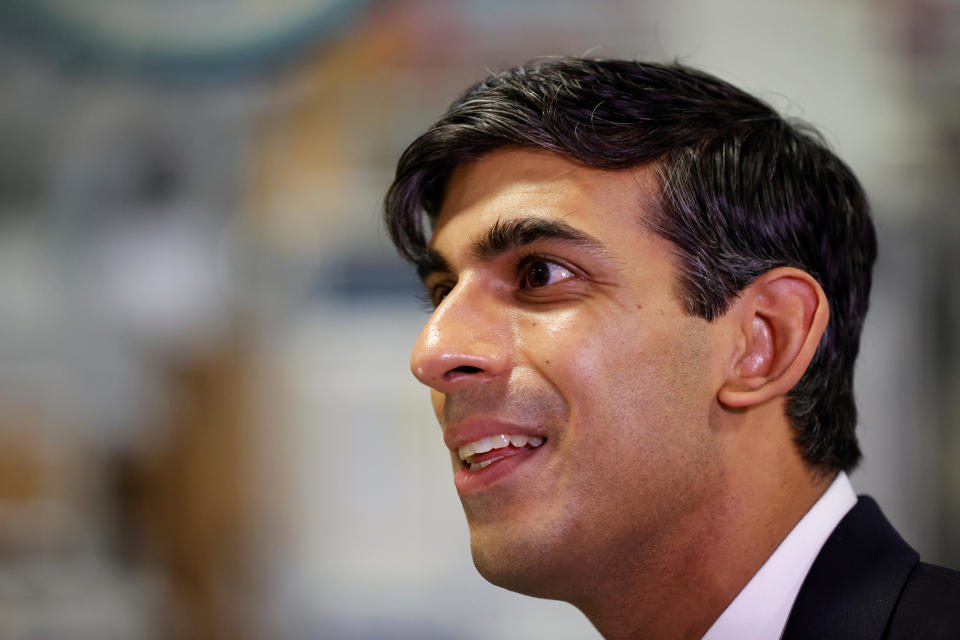UK chancellor warns of 'difficult' choices on public finances

The UK chancellor has said he may take “difficult” decisions to strengthen Britain’s public finances in future, after announcing up to £30bn ($38bn) of crisis spending measures.
Rishi Sunak unveiled another package of wide-ranging spending plans in his “summer statement” on Wednesday (8 July), designed to support the coronavirus-hit economy. They included cash for employers to keep and hire staff, VAT and stamp duty cuts, home improvement vouchers and eating-out discounts.
Speaking on BBC Radio 4’s Today programme on Thursday, he declined to rule out tax rises in future when asked about the cost of such stimulus plans. “I’m not going to write future budgets now,” he said, a line he has used repeatedly during the crisis.
But he added: “Over the medium-term, the right thing for the economy will be to have sustainable and strong public finances. And of course I will make the decisions that are required, difficult as they may be, in order for us to return to that place.”
READ MORE: Rishi Sunak unveils £30bn ‘plan for jobs’
He sought to focus instead on the immediate recovery and government support, however. He emphasised the current low cost of government borrowing, allowing it to fund a dramatic expansion of spending. He also said a strong economic recovery was the government’s priority, with more stimulus measures expected in the autumn.
Such a recovery in growth would boost tax receipts, reduce the current spending deficit and reduce debt as a proportion of GDP. But experts warn about the long-term damage of the pandemic and current downturn, and fear social distancing and the effects of lockdown could hamper recovery for some time to come.
Sunak admitted Britain’s economy was particularly reliant on “social consumption” for growth, and was therefore particularly exposed to the impact of continued social distancing and caution over the virus.
READ MORE: Brits get 50% off restaurants with 'Eat Out to Help Out' scheme
“The focus right now at this phase of crisis is – let’s try and have as strong a recovery as possible. Lets try and protect, create and save as many jobs as possible,” he said.
He said minimising long-term damage and scarring to the economy from the current crisis was “the best thing we can do for our long-term public finances.”
Britain has already seen a decade of sharp cutbacks to public spending by previous Conservative administrations in the wake of the global financial crisis.
But prime minister Boris Johnson has sought to play down the idea his administration may also eventually launch a fresh austerity drive. “We will not be responding to this crisis with what people called austerity, we are not going to try to cheese-pare our way out of trouble, because the world has moved on since 2008,” he said in a speech last month.
Watch video below
READ MORE: Rishi Sunak vows to create ‘hundreds of thousands’ of jobs for young
It comes as some think tanks warn tax cuts are likely in the long run.
Paul Johnson, director of the Institute for Fiscal Studies (IFS), said the current downturn was the “deepest in history,” and agreed with the chancellor that the public finances depended most on recovery.
He added: “Our focus today, like the chancellor yesterday, will be on this support and recovery phase. But let’s hold in the back of our minds that a reckoning, in the form of higher taxes, will come eventually."

 Yahoo Finance
Yahoo Finance 